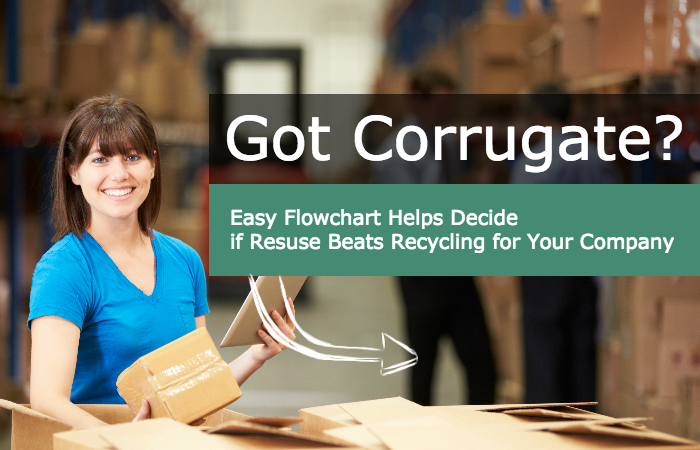6 Basic Facts About Roll Off Containers
Roll off containers are heavy-duty industrial dumpsters that are used to accumulate a number of waste materials. The container is transported by special roll off trucks. Once at the destination site, the truck’s hydraulic bed is lifted, so the container slides off the truck onto the placement site. These popular containers have a variety of uses as discussed below.
1. Size varies
Size is determined by how many cubic yards a container can hold. Sizes range from 10 to 40 yards. 10 to 20 yard containers are perfect for small businesses. 30 to 40 yard containers work ideally for new construction projects, commercial clean-ups, roof replacements and complete landscaping. It is important to understand that monthly rental fees are based on the container’s cubic yards.
2. Weight matters
Containers are usually rented out with weight limitations. Tonnage will be specified during contract origination. Firms that exceed the specified limit will be charged additional fees known as overage charges. The final weight is determined at the disposal site. The container will be weighed before and after dumping.
3. Contents are limited
Not all types of waste materials can be put into these containers. Prohibited materials include items that are harmful to both the environment and handlers. Materials include batteries, 55-gallon drums, hazardous waste, fluorescent light sources, anything containing asbestos, paint in paint cans, and yard waste.
4. Acceptable items
Container companies vary on what waste materials are considered acceptable. Check with the container company, like Box smart, beforehand for a list of acceptable items. Typical allowable items include scrap metal like iron and steel, demolition refuse material, mixed construction refuse, dirt, rock, cars, tree stumps, concrete, general clean-up debris, and manufacturing wastage. Some items may need to be separated from the rest. Clean concrete, for instance, can be used again as a filler by the container company.
5. Financing options available
Containers can be either bought or rented. The decision rests with the individual firm’s needs, goals, and objectives. Any well-managed company realizes the importance of weighing all available factors when arriving at a well-informed decision.
A cost-benefit analysis must be performed to determine which financing option is best. Analysis can be done in-house or by consulting with a professional container firm. Start by obtaining the container information from a reputable container company. Look at available options. Make a list of possible outcomes, or consequences, for each option. Determine the probability of each. Now, give each outcome a positive or negative value. Select the value that optimizes results. Compare the financial information with individual operational requirements and available resources.
For firms wanting to purchase containers, consulting with a professional company, like Box smart, can provide valuable insight into where to buy roll off containers for sale.
6. They require protection
The heavy, metal wheels of containers may damage underlying property. They have been known to scratch asphalt and/or concrete surfaces. Due to this potential damage, it is recommended that users place protective plywood underneath the container.
Roll off containers can improve safety, operations and productivity. Choosing the best one, takes time, research and understanding. Consulting with a trained professional is recommended.


